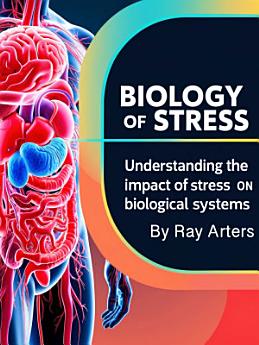Biology of Stress: Understanding the Impact of Stress on Biological Systems
About this ebook
The concept of stress in biology encompasses any condition that disturbs the normal physiological equilibrium of an organism, triggering compensatory responses designed to restore balance and ensure survival. This disturbance, known as a stressor, can be physical, chemical, biological, or psychological in nature, ranging from temperature extremes and toxin exposure to predator encounters and social conflicts. The stress response itself involves a complex cascade of molecular, cellular, and systemic changes that mobilize energy resources, enhance defensive capabilities, and optimize survival chances under challenging conditions.
Homeostasis serves as the fundamental principle underlying stress biology, representing the tendency of biological systems to maintain stable internal conditions despite external perturbations. This dynamic equilibrium involves continuous monitoring of internal and external environments through sophisticated sensing systems that detect deviations from optimal conditions. When stressors threaten homeostatic balance, stress response systems activate to counteract these threats and restore stability. The effectiveness of these homeostatic mechanisms often determines an organism's ability to survive and reproduce under adverse conditions.








